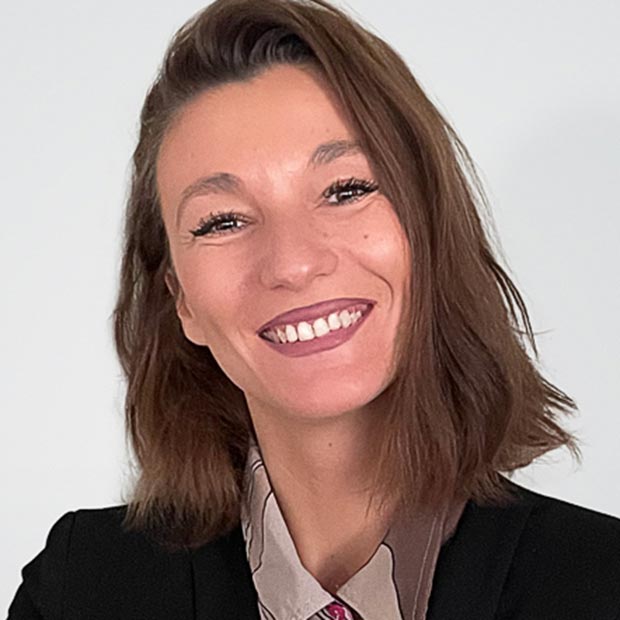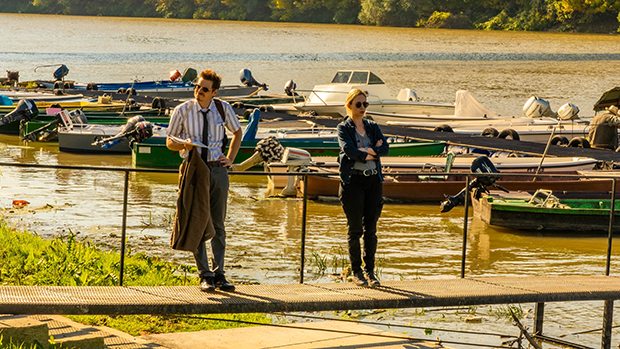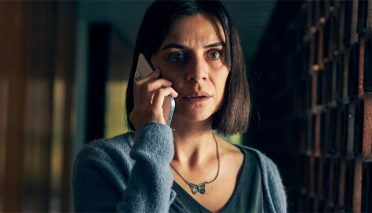 United Media is tapping into a rich seam of talent in the Balkans to bring local stories to the international market – but challenges remain, says Tatjana Pavlović.
United Media is tapping into a rich seam of talent in the Balkans to bring local stories to the international market – but challenges remain, says Tatjana Pavlović.
It’s almost three years ago that Tatjana Pavlović accepted an offer to join United Media, the content arm of major south-east European telecoms and media provider United Group.
The multi-lingual TV exec long ago chose to tread the boards of international sales from her base in Paris, from where over the years she’s worked in the distribution divisions of major players such as Lagardère Group, TF1 International and Zodiak Rights. But the pull of working for United Media as director of original content sales and coproduction was as much personal as professional; Pavlović was born in the former Yugoslavia and is fluent in Croatian and Serbian.

Tatjana Pavlović
“I felt as if my countries of origin, which are the Balkans, were calling me back,” says the exec, who in fact made her first tentative steps to “return home” eight years ago when she accepted an opportunity to set up the distribution division of Greece’s Antenna Group. “It was a great experience selling mainly Greek content to the world,” recalls Pavlović.
Despite this, the opportunity to be part of developing creative talent and content across eight countries in the Balkans served by United Group, was one Pavlović couldn’t resist. “There is so much talent there and there is so much good creation going on that we still need to shape up. I really, really wanted to be part of it,” Pavlović explains about her decision to jump ship from Antenna to United Media in November 2021.
As the content arm of United Group, United Media operates 55 TV channels across eight Balkan countries – Serbia, Bosnia & Herzegovina, Montenegro, Slovenia, North Macedonia, Croatia, Bulgaria and Greece – serving around 40 million inhabitants across terrestrial, cable, DTH, OTT and IPTV platforms. Some, such as Croatia’s Nova TV, are the most watched TV channels in their territories.
United Media produces more than 40,000 hours of original content a year to feed into its portfolio of channels. Though most of this content is local in its appeal, some does travel and it’s Pavlović’s responsibility to grow this side of the business, whether that’s through sales or coproductions.
“The main challenge when you work in my position is how to bring the local but still be a little bit open and open-minded so it is understood by the rest of the world,” she explains.
It’s no surprise, then, that Pavlović has been firmly ensconced in the United Media development department since her arrival at the company.
“We give a lot of attention [to development],” she says. “We have writers’ rooms and it’s never the case that the writer comes to us with the project and we simply go into production. It’s a lot of work.”
The crime genre, with its universal themes, has been the main source of international sales success for United Media. Series such as 2019’s The Devil’s Throat, produced by United Media’s Nova TV in Bulgaria, and Serbian series Awake (2021), which won the audience prize at Cannes Series, have done particularly well for the media company.

Serbian series Awake picked up the audience prize at Cannes Series
“The Devil’s Throat sold into about 30 territories. It was sold, for example, to Walter Presents [in the UK]. We were very proud of it,” comments Pavlović. Awake, meanwhile, was picked up by HBO, France’s M7 and US streamer Topic, among others. “The nicest thing about all these sales is when you get the confirmation that actually there is an audience in those territories and they appreciate and like to watch the content,” she adds.
Boyed by these sales, United Media announced at the start of the year that it would be launching two new crime dramas for international distribution. The first is Demon’s Fall, the 12-part sequel to The Devil’s Throat, once again produced by Bulgaria’s Dream Team Films and Nova TV, and Skarab, a Greek detective series produced by Athens-based Primavisione.
Pavlović doesn’t want to restrict United Media’s original content sales to just crime, though. She points to Marija, a six-part drama series shortlisted for the C21Digital Drama Pitch 2024, as a project that she is producing.
Written by London-based scriptwriter and novelist Heidi Baletic, it tells the true story of a young mother of two, who struggles to find work in a small Serbian town. When she does get a job, at the local council, her world is turned upside down when her boss, the town’s mayor, sexually assaults her.
“We are working with a very talented writer that found the perfect way to tell it,” says Pavlović. “We will have the victim’s point of view but also the harasser’s point of view, then the wife’s point of view, the daughter’s point of view, so it’s going to be something that I will be very proud to put out there on the international market.”
According to Pavlović, four out of six of the episode scripts are now completed and the series is about to enter pre-production.
As well as sales, as her job title suggests, Pavlović is also responsible for pulling together coproductions with international partners – a task she describes as presenting “quite a few obstacles” for a producer in Central and Eastern Europe.
“The truth is it’s very difficult to define a business model when you work from territories such as ours, where the production prices are lower than elsewhere,” she explains. “In order to coproduce a big show with the Germans or French, we are way too small a player, so what we try to do is to develop our own stories that will have appeal elsewhere and to try to coproduce them from our own point of view, a creative point of view.”
On such project is Me: Pink Panther, which Pavlović describes as “a milestone” for United Media. “First of all, it’s going to be the most expensive series we have ever produced,” she says, adding that the project also marks a rare coproduction between Serbia, Greece and Bulgaria.
Me: Pink Panther, which is in development, is based on the novel of the same name by Olivera Ćirković, a former member of the Yugoslav national basketball team, who entered the world of crime and became part of the international criminal group Pink Panther but ended up in Greek prisons for eight years.

Bulgarian crime drama Demon’s Fall is a sequel to The Devil’s Throat
What also sets the show apart is the talent attached, according to Pavlović. Serbian actor, director and producer Dragan Bjelogrlić is the creator of Me: Pink Panther and will be the showrunner.
United Media recently coproduced award-winning film The Guardian of the Formula with Bjelogrlić. “His team is mainly a team of cinema people, so they have this wonderful eye and wonderful way of telling the story, which today is quite necessary to enter into something a little bit more sophisticated,” comments Pavlović.
Pavlović says “it’s very challenging” to get a coproduction such as Me: Pink Panther up and running in the Balkans because “the AVoDs and SVoDs are still reticent about producing original content destined for platforms only. So the main investors in original content are TV channels and TV channels – specifically, commercial broadcasters, not public broadcasters – are really obliged to deliver audiences,” meaning content must be formatted specifically for a local audience.
Pavlović says she remains hopeful an international streamer will board Me: Pink Panther.
Meanwhile, she highlights United Group’s own service, EON, a new advanced TV platform developed in-house by the telco. Now available across all United Media’s territories, EON works on any device across any type of network on cable, fibre, OTT or mobile.
EON is providing a platform for premiering high-end series and feature films produced by United Media that bridge the divide between local hit and global appeal. “We don’t premiere all series on EON, but the majority of the high-end series are first visible there,” says Pavlović, adding “the ideal world” for her would be to “directly produce for EON and then the show gets picked up through us.”
Looking ahead, in terms of coproductions, Pavlović says: “We would love to find the story that makes sense for us and that we can coproduce with our means, but we don’t necessarily need to only in terms of money. We also have production outlets in all our countries that are very, very attractive with tax rebates. We have a lot of professionals on our payroll. And we can also coproduce in that manner to reduce the cost, because we can produce some of the parts in our territories. So, definitely, these types of conversations are being held when it comes to coproducing other projects.”














































